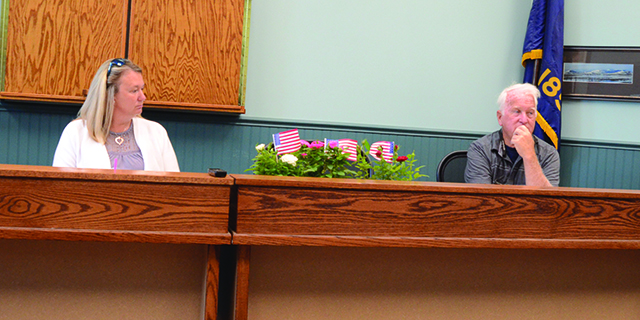Minimum wage to the max
Published 10:29 am Tuesday, January 26, 2016
Oregon will soon have a higher minimum wage, but it’s unclear if Gov. Kate Brown’s compromise plan will please both sides of a complicated argument.
Brown’s proposal divides Oregon into two separate geographic and economic regions, with wage rules differing in each.
Trending
Rural Oregon will have a lower minimum wage than its urban counterparts, especially Multnomah County and the greater Portland area. It also will increase here at a slower pace.
That makes sense. The economic reality is far different in Enterprise than Portland, in Wallowa than Hillsboro. But the Legislature will certainly tinker with Brown’s proposal, and how it emerges from that tinkering — and how it will effect rural Oregon — remains to be seen.
Still, some action on minimum wage is a critically important component of the short legislative session that will begin just over a week from now. The legislature must take action or it leaves Oregon vulnerable to the blunt hammer of a citizen initiative to decide state economic policy.
Though that is an ineffective and inflexible way to operate, union and worker rights organizations have not been dissuaded by Brown’s bill and say they plan to go forward with petitions that could bump statewide minimum wage to $15 an hour in a faster time frame, and in all corners of the state.
With a plan similar to Brown’s enacted by the legislature, it may take the starch out of those initiatives.
But what about minimum wage, in general, and allowing Eastern Oregon to play with different rules than its urban overlords? A jump to a $15 minimum wage should be no problem for the Nikes and Intels of the world, but would be devastating to small businesses and to much of rural Oregon. Agriculture, most notably, would be thrashed by the new rules. It’s also true that the problem of low wages would be much more efficiently handled by the private sector than by government decree.
Trending
It is understandable that minimum wage should be tied somehow to a “living” wage — enough money to put a roof over a person’s head and food on the table. And it’s easy to see that $9.25 per hour doesn’t quite cut it in Portland, much less in New York City or Chicago or San Francisco.
Yet there is an economic and social benefit to a country, a state and a business, that some employees can get experience without breaking the budget. Teens, especially, benefit from entry level jobs. Low-paying jobs do benefit part-time and seasonal workers, too, and they can use it to supplement their regular income. True, they can be taken advantage of. But a higher minimum wage is just as likely to harm them as it is to help them, by causing their employers to reduce hours and reduce labor costs.
There is plenty to debate. Minimum wage will without a doubt go up in Oregon, and the effect of that will be wide-ranging and significant. Right now, the pressure is on the legislature to come up with a plan that cuts the legs out from under those who would codify seismic economic shifts, while still allowing working class people to make a decent living and maybe even save a few dollars each pay period.
It will be difficult to thread that needle, but doing nothing will be far more problematic for our side of the state.









